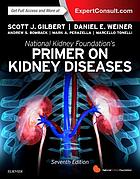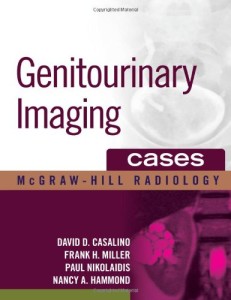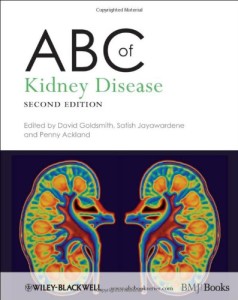The American Nephrology Nurses Association (ANNA) is the professional association that represents nurses who work in all areas of nephrology. Established as a nonprofit organization in 1969, ANNA has a membership of more than 8,500 registered nurses in almost 80 local chapters across the United States. Members practice in all areas of nephrology, including hemodialysis, chronic kidney disease, peritoneal dialysis, acute care, and transplantation. Most of our members work in freestanding dialysis units, hospital outpatient units, and hospital inpatient units.
ANNA develops and updates standards of clinical practice, educates practitioners, stimulates and supports research, disseminates knowledge and new ideas, promotes interdisciplinary communication and cooperation, and monitors and addresses issues encompassing the breadth of practice of nephrology nursing.
Topics :
010a – Critical Thinking Common Complaints in Advanced Chronic Kidney Disease Peripheral Neuropathy.
010b – Critical Thinking Common Complaints in Advanced Chronic Kidney Disease Restless Leg Syndrome
010c – Critical Thinking Common Complaints in Advanced Chronic Kidney Disease Anorexia Cachexia
010d – Critical Thinking Common Complaints in Advanced Chronic Kidney Disease Chronic Pruritus
020a – Going for the Gold in Nurse Management Gold Standards for Managing the New Team Member or the
020b – Going for the Gold in Nurse Management The Pursuit of Trust
020c – Going for the Gold in Nurse Management Coaching as a Leader – Less Work, More Impact
020d – Going for the Gold in Nurse Management Productivity without all the Stress.
030a – Tackling Opioid Use Disorder – Opioid Use Disorder Scope of the Problem and Current Regulatory
030b – Tackling Opioid Use Disorder – Opioid Use and Abuse Recognition of Addiction
030c – Tackling Opioid Use Disorder – Pain Management without Opioids
030d – Tackling Opioid Use Disorder – Where Do We Go From Here (Finding Our Way)
040 – Diabetes Mellitus-Related Nephropathy
050 – Doing More with Less Tips for the Nephrology Nurse Manager
101 – The Future of Nursing and Health Care
111 – Blood Pressure Guidelines and Treatment
112 – Practice Challenges Facing the Pediatric Nephrology Nurse
113 – New Leader Succession Planning
114 – Gout Pharmacology Is Not the Only Treatment
121 – Intradialytic Hyper- and Hypotension
122 – Updates from the Centers for Medicare _ Medicaid Services
123 – Nutritional Challenges in Patients with Multiple Chronic Diseases
201 – Advancing American Kidney Health ANNA_s Current State of Action Regarding the Executive Order
211 – Multi-System Downstream Effects of Poorly Controlled Hypertension
212 – Sickle Cell Treatment Modalities Apheresis and Hemodialysis.
213 – Empowered Kidney Care.
214 – Dialyzing the Hospitalized Patient
231 – Peritoneal Membrane Physiology.
232 – The HOPE (HIV Organ Policy Equity) Act HIV + Organ Donation.
233 – The Importance of Fluid Management in Dialysis Patients
234 – Essential Tools for the Nurse Manager
241 – Peritoneal Dialysis Prescriptions Maintaining the Patient at Home.
242 – Changes through Stages Chronic Kidney Disease Stages 1 and 2.
243 – Engaging a Healthy Work Environment.
244 – Moving on Up Pediatric to Adult Transitions.
311 – Vascular Access and Cannulation What the Nephrology Nurse Needs to Know.
312 – Changes through Stages Chronic Kidney Disease Stage 3
313 – International Perceptions and Practices for Home Dialysis Therapies.
314 – Optimizing Informed Consent for Transplant
321 – New Nephrology-Related Drugs in the Pipeline
322 – Changes through Stages Chronic Kidney Disease Stages 4 and 5
323 – Human Trafficking Identification and Intervention
324 – Vascular Pathologies Beyond Coronary Artery Disease and Vascular Access
330 – The Stigmatization of Women and Weight
Date of Release : October 12-14, 2019










Reviews
There are no reviews yet.